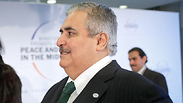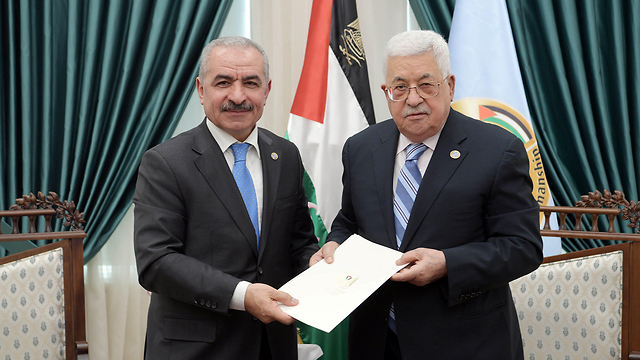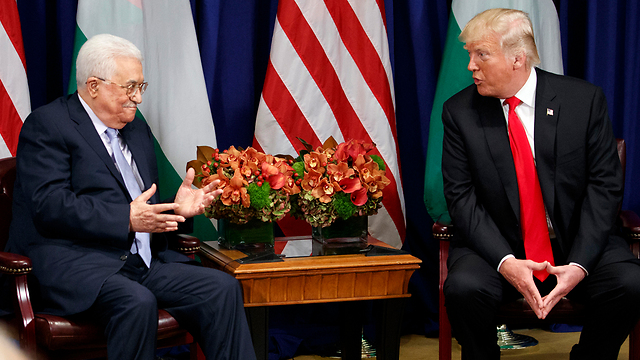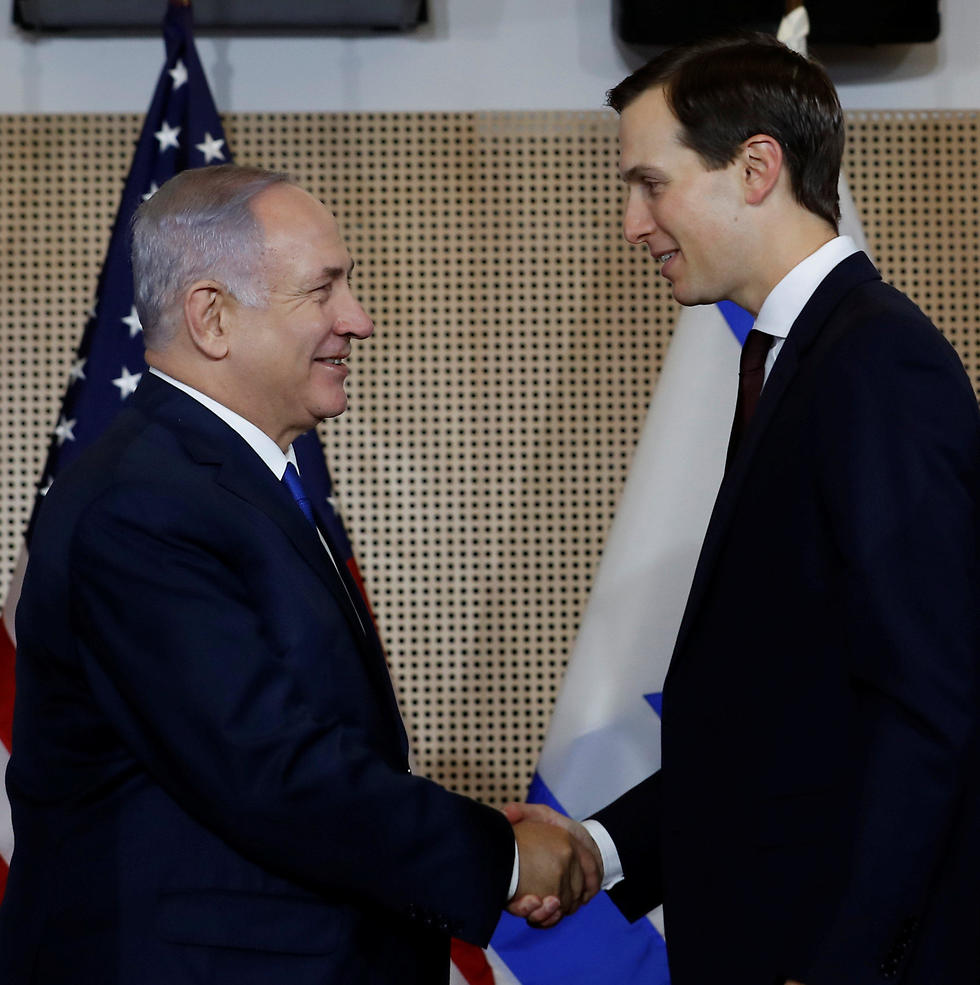
Bahrain's Foreign Minister Khaled Ben Ahmed el-Khalifa (Photo: EPA)

Palestinians to shun U.S.-led economic conference, say they weren't consulted
June 25-26 event in Bahrain meant to help West Bank, Gaza investment seen as unveiling of first stage of Trump peace proposal; Palestinian minister: Anyone taking part would be nothing but collaborator for Americans and Israel
The Palestinians will not attend a U.S.-led conference in Bahrain next month that the Trump administration has cast as a preliminary roll-out of its plan for them to make peace with Israel, a Palestinian cabinet minister said on Monday.
Washington announced the conference on Sunday, describing it as an opportunity to drum up international investment for the West Bank and the Gaza Strip, which is controlled by Palestinian Islamist group Hamas.
The Palestinians, who have boycotted the Trump administration since it recognised Jerusalem as Israel's capital in late 2017, have shown little interest in discussing a plan that they anticipate will fall far short of their core demands.
Palestinian Prime Minister Mohammad Shtayyeh said Monday that his government had not been consulted on the June 25-26 gathering in Manama.
After the Palestinian cabinet met, Ahhmed Majdalani, the social development minister and a member of the executive committee of the umbrella Palestine Liberation Organization, said: "There will be no Palestinian particaption in the Manama workshop."
He added: "Any Palestinian who would take part would be nothing but a collaborator for the Americans and Israel."
U.S. officials have predicted that the event will include representatives and business executives from Europe, the Middle East and Asia, as well as some finance ministers. The economic component discussed will constitute an unveiling of the first part of the Trump peace plan, U.S. officials have said.
Israeli leaders have not commented on the conference. Israel's finance minister, Moshe Kahlon, said through a spokesman on Sunday that he had yet to receive any invitation.
Shtayyeh reiterated Palestinians' demands for a two-state peace deal with Israel entailing control of the West Bank and Gaza, as well as East Jerusalem as their future capital. Israel calls Jerusalem its indivisible capital and has said it might declare sovereignty in its West Bank settlements.
The Trump administration has said its still-secret peace plan would require compromise by both sides. Since being shunned by the Palestinians, it has cut back on U.S. aid for them, contributing to economic hardship in the West Bank and Gaza.
"The financial crisis the Palestinian Authority is living through today is a result of the financial war that is being launched against us in order to win political concessions," Shtayyeh told his cabinet. "We do not submit to blackmail and we don't trade our political rights for money."
Hamas, shunned in the West for its terrorism and diehard hostility to Israel and locked in a more than decade-old power struggle with Palestinian President Mahmoud Abbas's secular Fatah party, also condemned the Bahrain conference.


















